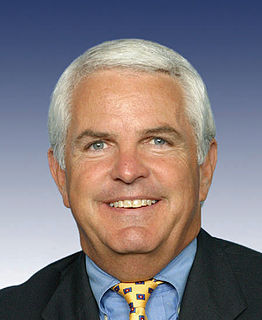A Quote by Stephanie Coontz
The historical weight of gender inequality has tended to concentrate women in lower-paid jobs with fewer benefits and at the same time made them primarily responsible for care giving.
Related Quotes
Mothers who are strong people, who can pursue a life of their own when it is time to let their children go, empower their childrenof either gender to feel free and whole. But weak women, women who feel and act like victims of something or other, may make their children feel responsible for taking care of them, and they can carry their children down with them.
Instead of following through on their promise to concentrate on jobs, Republicans have attacked seniors, working families, women, and the most vulnerable among us. They have pursued an extreme agenda that would end Medicare as we know it and cut Social Security benefits in order to continue giving tax breaks to Big Oil and millionaires.
There may be countries [where] there's no gender inequality in schooling, even in higher education, but [where there is] gender inequality in high business. Japan is a very good example of that. You might find cases in the United States where at one level women's equality has progressed tremendously. You don't have the kind of problem of higher women's mortality as you see in South Asia, North Africa, and East Asia, China, too, and yet for American women there are some fields in which equality hasn't yet come.
What made women's labour particularly attractive to the capitalists was not only its lower price but also the greater submissiveness of women. The capitalists speculate on the two following factors: the female worker must be paid as poorly as possible and the competition of female labour must be employed to lower the wages of male workers as much as possible. In the same manner the capitalists use child labour to depress women's wages and the work of machines to depress all human labour.































